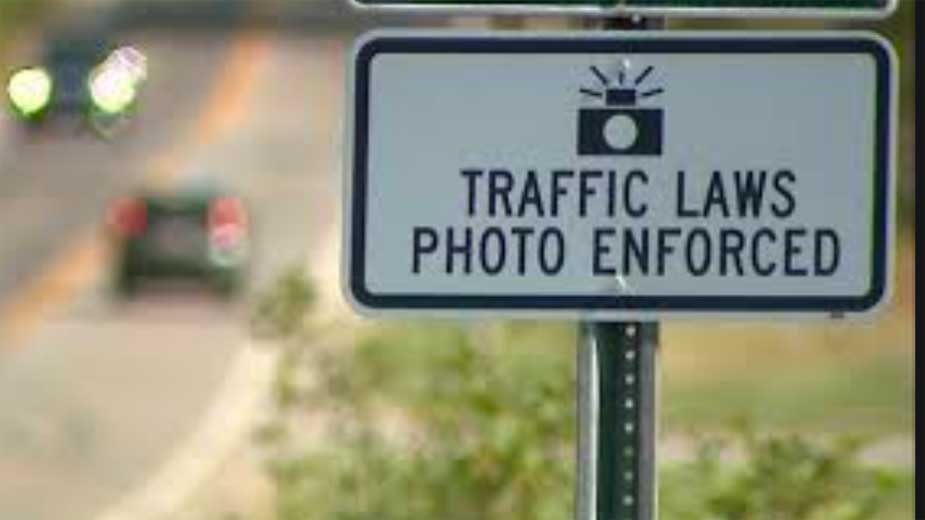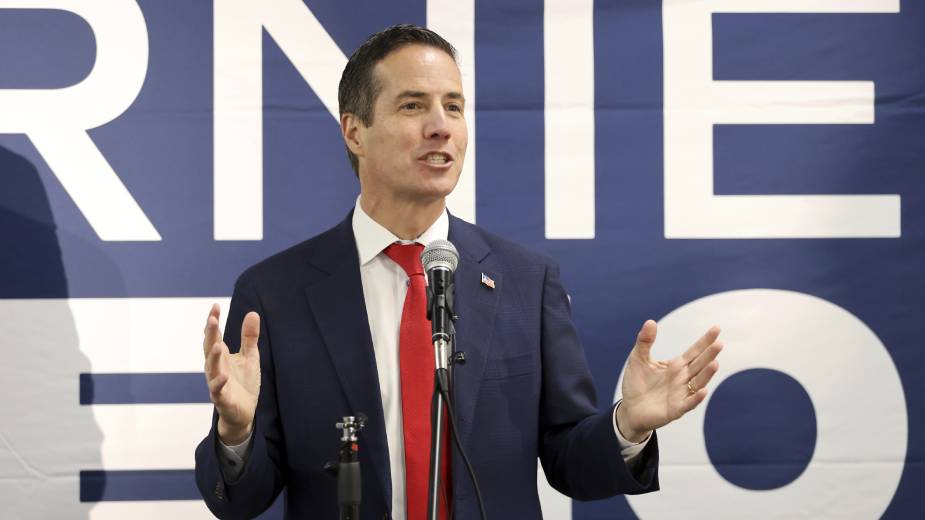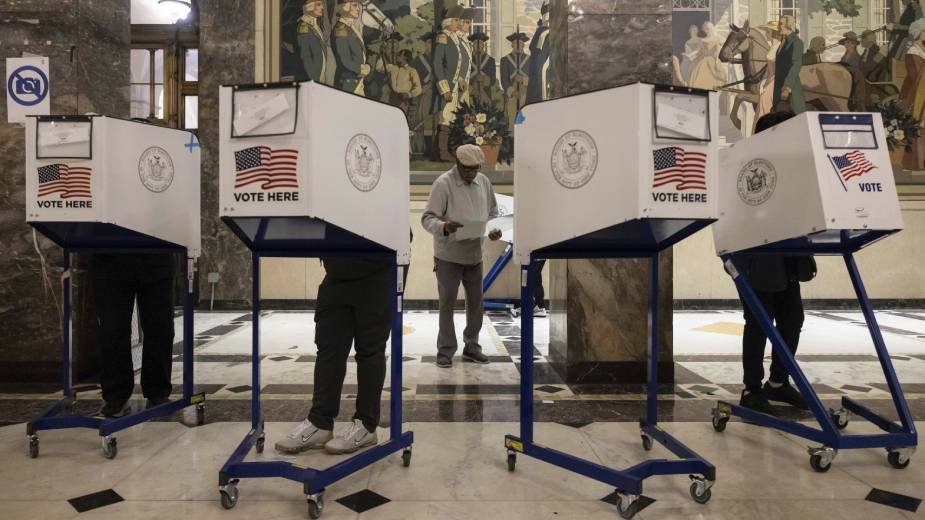East Liverpool Will Not Appeal Outcome of Traffic Camera Ballot Issue
EAST LIVERPOOL, Ohio — After impassioned pleas by both sides of the issue and an executive session, city council Monday voted 4-3 against appealing a decision made by voters to end use of traffic enforcement cameras by the city police department.
By a vote of 1,560 to 604 in the November election, use of the cameras was rejected following a two-year legal battle between the city and members of the citizens group East Liverpool Citizens Against Traffic Cams.
During Monday’s meeting, the head of the group, Donald Bean, urged council not to launch an appeal.
“The citizens have spoken clearly and passionately to the tune of 72% of the vote. Any attempt to appeal at this point can only be construed as a blatant attack on the will of the people of East Liverpool, the same people you represent,” he told council.
Bean said any concerns with the process used to pass the traffic cam ordinance should be taken up with the Ohio General Assembly. “They wrote the law. We followed it,” he said.
“I implore you to publicly assure your constituents that an appeal will not be made. The traffic cameras have brought about unnecessary division in our city. It’s time to move on. Stop spending taxpayer money to fight taxpayers.”
Police Chief John Lane, however, took the opposite stance, encouraging council to move forward with the appeal, arguing that the citizens group may have improperly filed the ballot issue, which could be determined by appealing.
“If it was improperly filed, that will be on them. There’s a reason there’s a process in place to file these types of things,” Lane said.
As Lane recalled, not one person came to council sessions to voice opposition to the cameras, and council had voted unanimously to install them.
“The intended cause was not to generate funding, but it turned out to generate a lot of funding from people who absolutely refused to drive the speed limit. It’s still generating the same funding after three years,” he said.
“We’re going to let a program go that generates funding. It’s not going to the police department but to the whole city.”
Referring to a proposed 5-mill levy also up for consideration on the evening’s agenda, Lane told council, “Nobody wants an increase in taxes. I can’t believe they voted it down. If you don’t appeal it when you can, you’re cutting your own throats. Our tax base here is not big enough to support what the city needs. You found a program that increases revenue without raising taxes and want to vote it down.”
Councilman Fred Rayl asked the chief if the traffic cameras had slowed down traffic. “I was the one who complained about traffic coming into East Liverpool south on (state Route) 11 and all the fatalities we’ve had there,” he noted.
Lane replied, “No question. Go talk to the school crossing guards. We haven’t had one fatality on (state Route) 11 since we’ve had the program. I can’t say we haven’t had a wreck…but no serious ones and certainly no deaths.”
Most of those ticketed live outside the city and it was obvious some were speeding intentionally, saying one woman has 50 tickets she brags about on social media, the police chief said.
“Obviously she has an issue.” he said.
“It’s just insane. You have to make a right decision so the city can move forward. If you don’t want free money then they’re going to have to pay (with a levy),” Lane implored.
Following a brief executive session called by Law Director Charles Payne to discuss pending litigation, council returned and was asked by Payne to take a voice vote on whether to appeal the issue.
The vote resulted in four against appealing and three in favor. Voting against were Councilmen-at-Large John Mercer, Kerr and Ernest Peachey and 4th Ward Councilman Barrett. In favor were 1st Ward Councilman Ray Perorazio, 2nd Ward Councilman Rayl and 3rd Ward Councilman Jeff Kreefer, with Rayl offering, “On the merits of safety” as he voted.
Later in the meeting, Barrett said the executive session was “agonizing” for him, saying while he believes the traffic cameras helped the city financially and with safety, “Sometimes, I vote against myself because of what (constituents) want. We need their votes on the levy. This is going to hurt us.”
Kreefer said it was a “very difficult vote,” and while he agreed the voters have spoken, he is trying to look down the road.
Perorazio said he wished he could say he had a hard time voting for the appeal but could not, saying he does not understand “how you can vote to break the law,” referring to the ballot issue.
Afterward, Payne confirmed tthe decision to appeal was his alone, but he sought a vote of council to see where they stood. No other legal action will be taken in regard to the traffic cameras, he said.
Auditor Marilyn Bosco said after the meeting that the traffic cameras generated about $1 million per year and that the “worst case scenario” would mean the loss in revenue could result in a $500,000 deficit by the end of 2020 if she defers an extra employee payroll expected next year to 2021. If that does not take place, next year’s deficit would obviously be much greater, she said.
The traffic camera revenue was split between the police department, which received 80%, and the general fund, the remaining 20%. Bosco said while the police department used its share for manpower, equipment and other departmental needs, the general fund share was used primarily for employee costs.
Meanwhile, council voted unanimously during the meeting to place a 5-mill operating levy on the March ballot that would help offset the loss in traffic cam revenue by generating about $400,000 annually.
Also approved by council, with Kerr opposed, was an ordinance establishing salaries beginning next year for the mayor, law director and auditor which include raises over the next four years.
In explaining his opposition, Kerr said it was not against the “fine workers” who would receive the salaries but because he believes the city needs to focus on promoting the levy.
Kerr, who lost his bid for the mayoral seat in November so will be off council, told his colleagues, “It’s time for me to move up to the next level.”
Bosco said the increases for elected officials will cost an additional $10,920 over the four-year period.
Copyright 2024 The Business Journal, Youngstown, Ohio.



